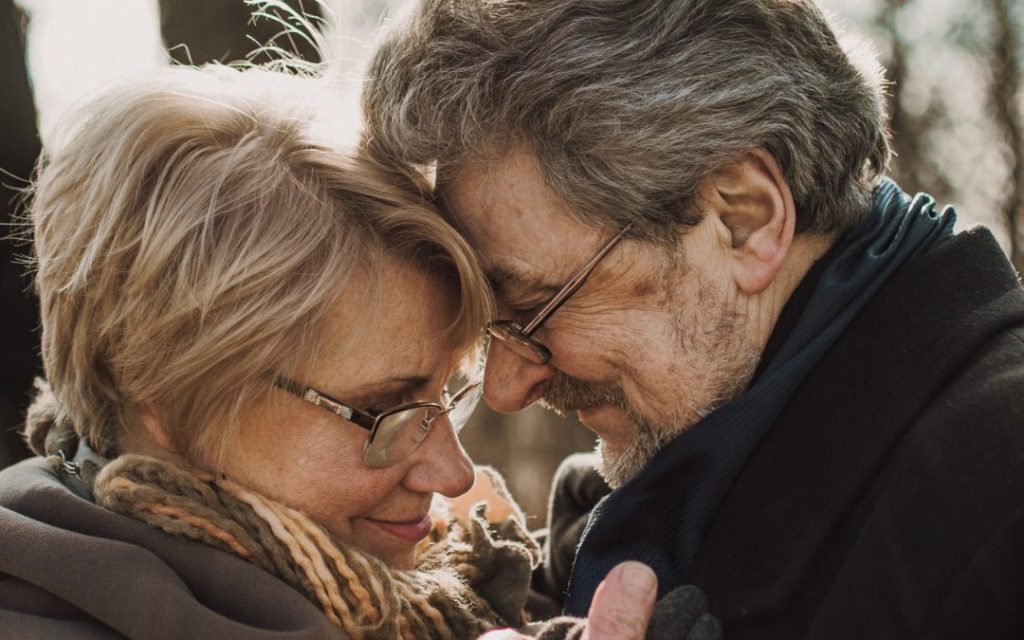Recovering from anything medically can be difficult, but this is especially true of seniors who survive suffering a stroke. Recovery from a stroke is something that takes time and can place strain on the survivor emotionally and physically. It’s vital for someone who has survived a stroke to have physical and mental support throughout their recovery.
A stroke is a brain attack when the blood supply is cut off to part of the brain. A stroke will change the way the survivor feels, thinks and how the body works. Each stroke is different and leads to various disabilities from the stroke. However, with treatment, time and rehabilitation; stroke survivors can have the best recovery time possible for them.
If you are helping a loved one or a friend who is recovering from a stroke, we have some suggestions on how to support someone who has survived.
- Recognize the risk of strokes – Stroke survivors are actually susceptible to experiencing another stroke. Some places to begin reducing a second stroke for your loved one include encouraging them to take their prescribed medication, eating a healthy diet and regularly visiting their healthcare provider. Conditions like diabetes, irregular heartbeat, high cholesterol and high blood pressure are conditions that raise the risk of an additional stroke.
- Recovery takes time – Generally, the first three to four months after the stroke is when your loved one can see most of their recovery. However, with some stroke survivors it will take several years. It is important to remain hopeful and patient throughout the recovery process.
- Plan action for depression – Depression is quite common after a stroke. It is important to see a healthcare professional and develop a plan of action for your loved one’s rehabilitation and recovery.
- Get educated on strokes – It is incredibly important that you learn about your loved one’s condition. Knowing as much as you can about strokes in general and their particular stroke will help you give the best support and care possible.
- Join a support group – Many hospitals offer free support groups for those in your situation or in your loved one’s situation. You can gain knowledge about strokes, as well as learn new information and tips with support and recovery.
The success of recovery of a stroke survivor is heavily dependent on the support of those around them. Prepare to learn as much as you can to be supportive to them as they recover. They can often be overwhelmed with worries about the future and their present. When you give them healthy emotional support, they can possibly face those days a little bit more optimistic.
It is important to recognize signs of a stroke in your loved one or even yourself. As mentioned earlier, the possibility of a second stroke is significant within the first 30 days of having a stroke. Some things to look out for is the FAST test.
F – Face : Can the person smile? Is their face fallen on one side?
A – Arms : Can the person raise their arms (both) and keep them there?
S – Speech : Can the person speak clearly and be able to understand what you say? Is their speech slurred?
T – Time : If you recognize any of these above mentioned symptoms, call 911 right away. Every second counts.
This is for information purposes only. It is not a substitute for medical advice, treatment or diagnosis. Please speak with your medical care provider or emergency personnel for questions and advice about a medical situation.

